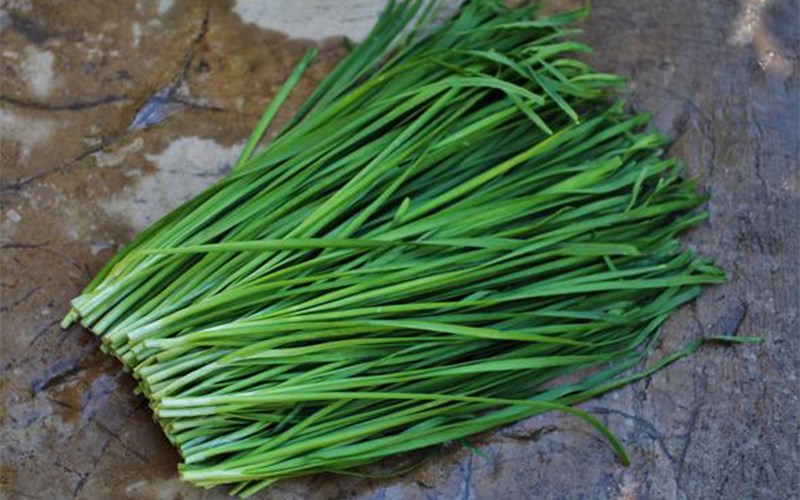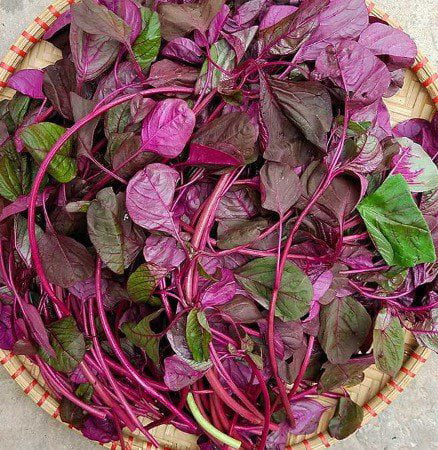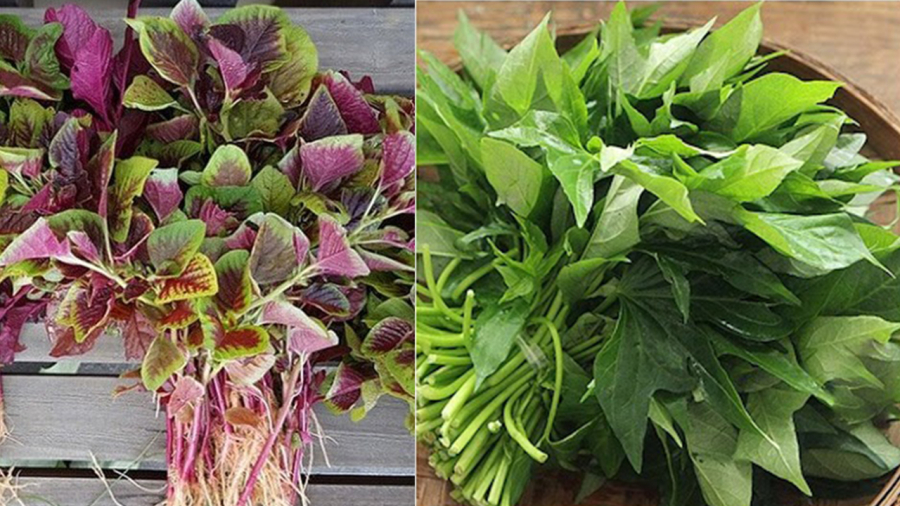Coriander

Coriander is a nutritious food. This means that they are low in calories but rich in beneficial nutrients such as vitamins, minerals, and antioxidants.
A tablespoon of chopped coriander contains 3 grams and provides 1 calorie and less than 1 gram of fat, protein, or carbohydrates.
It provides 3% of the daily value of both vitamin A and C. A tablespoon contains 131 IU of vitamin A and 1.7 milligrams of vitamin C.
A tablespoon of coriander contains 6.4 micrograms of vitamin K, 3 micrograms of folate, 3 milligrams of calcium, 1 milligram of magnesium, 2 milligrams of phosphorus, and 9 milligrams of potassium.
Coriander also contains choline. Coriander is effective in preventing cancer. To fully enjoy this effect, we need to consume it regularly.
Moreover, due to its heat and spicy taste, cooked coriander has a detoxifying effect and supports the treatment of injuries caused by falls, sprains, chest and abdominal pain, as well as itching conditions… However, people who have internal heat, acne, or eye-related conditions should not use coriander as it can exacerbate the severity of the disease.
Amaranth greens

Amaranth greens come in different varieties such as red amaranth, spiny amaranth, and amaranth rice. They are easy to prepare due to their sweet and refreshing taste.
Studies have shown that amaranth greens contain a relatively high amount of iron, making them known as the ‘iron king’ among vegetables, even more beneficial than beef in terms of blood supplementation and prevention and treatment of anemia. Furthermore, amaranth greens have anti-inflammatory effects and are good for bone and tooth health, especially in preventing cardiovascular diseases and diabetes, stabilizing blood sugar, and improving type 2 diabetes.
In addition to being rich in iron, amaranth greens are also abundant in fiber, three times higher than wheat, helping improve digestion and prevent constipation, making them suitable for children and the elderly. If someone in the household has diarrhea, dehydration, and bleeding, women can cook fresh amaranth leaf water for them to drink to improve their condition. Furthermore, combining beetroot juice with carrot juice can be effective in treating kidney and gallbladder diseases.
When consuming amaranth greens, women should not combine them with pork belly or consume them with pears, raw blood pudding, or repeatedly heating and cooling them as this may produce toxins harmful to the health of the whole family.
Cassava leaves

Cassava leaves are the stems and leaves of the sweet potato plant, mainly grown to obtain tubers. This type of vegetable can be processed into various dishes such as boiled, soup, stir-fried, etc., which are delicious and good for health.
According to Traditional Medicine, cassava leaves are non-toxic herbs with a neutral nature that help nourish health, improve eyesight, benefit the liver, and treat yellow skin…. Modern medicine believes that cassava leaves are rich in vitamins B6, C, riboflavin, etc. In 100g of cassava leaves, there are typical nutrients such as: 22kcal energy, 91.8g of water, 2.6g of protein, 2.8g of starch, 11mg of vitamin C, 900mg of vitamin B, minerals such as 48mg of calcium, 54mg of phosphorus, 2.7mg of iron,…
For women, especially during pregnancy and after childbirth, cassava leaves are probably a familiar vegetable in daily meals as they provide a variety of vitamins such as A, B1, B2, B3, B6, C, and K, along with folic acid and fiber that help reduce morning sickness, anxiety, stress, depression, prevent and treat constipation effectively. Additionally, cassava leaves enhance the immune system and prevent contagious diseases, reduce the risk of liver and gastric cancer.





































